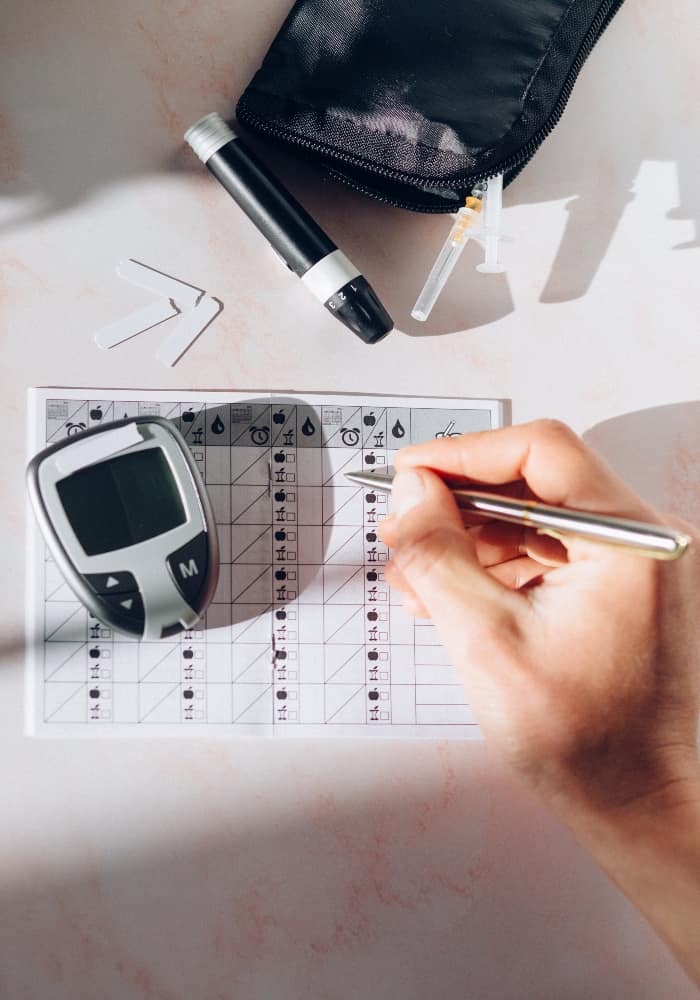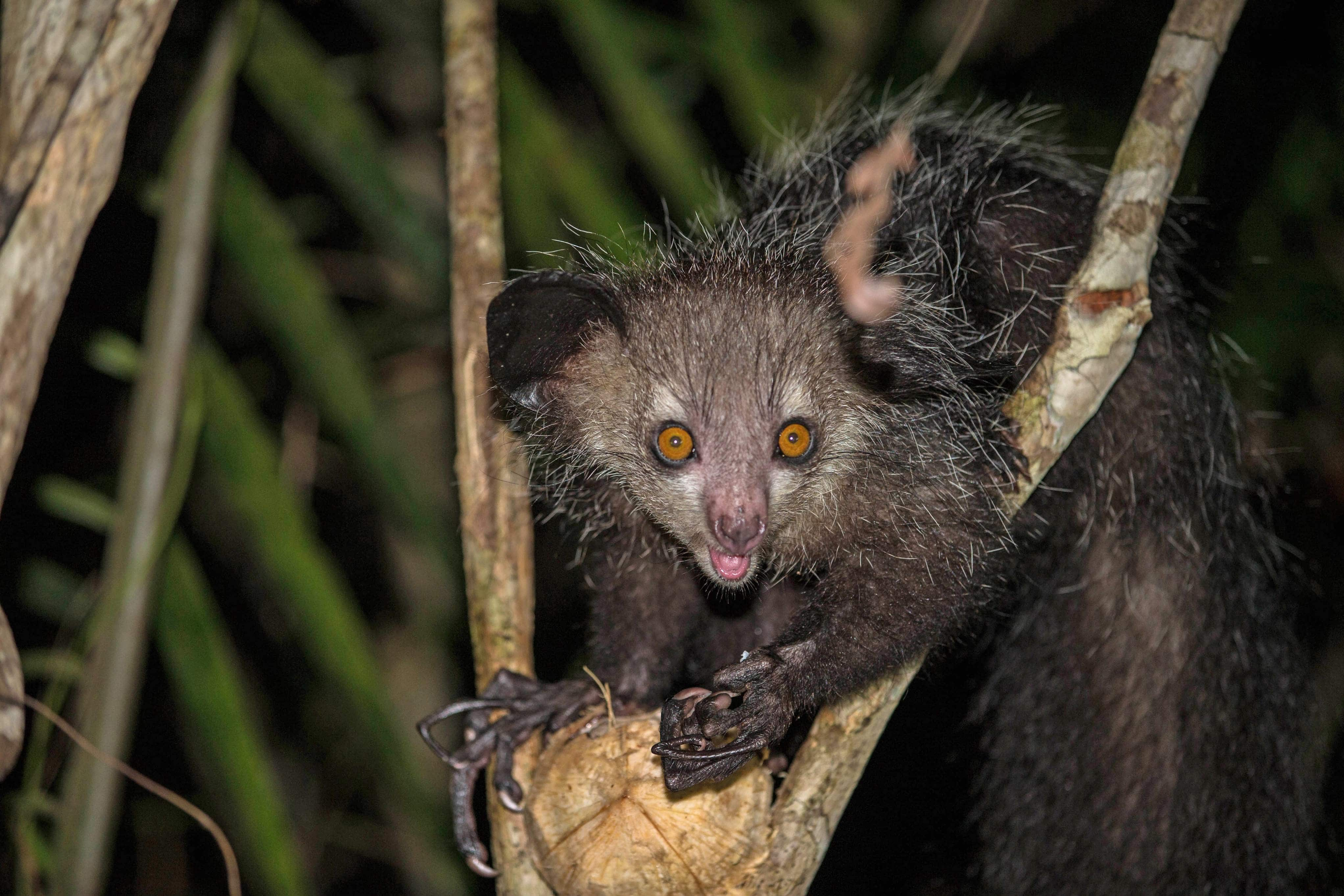The killing of four men from Kerala by security forces in Jammu and Kashmir has led to worried community leaders introspecting on the hows and whys of terrorism striking root in their state.
KOZHIKODE: The killing of four men from Kerala by security forces in far away Jammu and Kashmir has led to worried community leaders here introspecting on the hows and whys of terrorism striking root in their state.
Expressing shock and pain that some young men from their community are reportedly involved in terrorist activities in Jammu and Kashmir, Muslim leaders blame political parties, a lack of proper understanding of Islam as well as the proliferation of organisations with narrow views.
Kerala Police have confirmed that the four youths killed in two gun battles with security forces in Kupwara district in Jammu and Kashmir on Oct 7 and 10 were from the southern state.
Two were from Kannur district and one each from Malappuram and Ernakulam districts, the police said.
"We are pained by this development," said Pinangode Aboobacker, working secretary of the Sunni Yuvajana Sangham (SYS), which is affiliated to the Samastha Kerala Jamiat-ul-Ulema, a prominent Sunni group in the state.
"I think the problem of terrorism reared its head after cracks developed in Muslim unity in the state. Later, certain organisations became successful in attracting people to terrorism," Aboobacker said.
Aboobacker blamed political parties for creating dissensions within the community. The media and governments have also failed to nurture a sense of nationalism among the people and youth were becoming an easy prey to the propaganda of anti-national forces, he said.
"Until a few decades ago celebrations of Independence Day and Republic Day were occasions for people to come together. This has now changed. Now, people consider them just as another holiday."
Kerala state secretary of the Jamaat-e-Islami, M.K. Muhammadali, said that there was a proliferation of organisations with narrow views in the community that helped the spread of the terrorist ideology.
"The government should promote organisations with social commitment and discourage others," he suggested.
Muhammadali said that "those killed in Kashmir had criminal backgrounds. It must have been their criminality that made them join terrorist organisations".
He said Islam does not approve of its followers working against the country or a community.
"Our nation allows freedom of religion and freedom of thought to all people. Terrorism has no place here," said A.P. Abdul Khader Moulavi, general secretary of the Kerala Nadvathul Mujahidden (KNM), a Sunni organisation that follows the Salafi school of philosophy.
"It is wrong to blame a community for incidents like this. The youths who died in Kashmir were obviously led astray by wrong company," he added.
The Indian Union Muslim League (IUML) said that it was a matter of great concern that the roots of terrorism had reached the state.
"Kerala has been a model for religious harmony. It is unfortunate that the terrorist ideology is gaining currency here," said E.T. Muhammed Basheer, state secretary of IUML and a former education minister.
He claimed that one of the reasons for the rise of terrorist tendencies in the state was the efforts of the Left parties to weaken IUML.
"The Left always tried to capitalise on the moderate stand we had taken on various issues. When the Babri Masjid was demolished, the Left promoted groups like PDP (People's Democratic Party) led by Abdul Nassar Maudani that held extreme views. This has helped spawn terrorism in the state," Basheer claimed.
Hussain Saqaffi, head of the department of Islamic studies at Jamia Markazu Ssaquafathi Ssunniyya, a Muslim educational and religious institution in Kozhikode, said that youngsters were attracted to terrorism as they have not understood the Islamic precepts properly.
"These people jeer at religious scholars and there are organisations here which mould them that way. We have to bring these youths back to the true Islamic fold," said Hussain.
As per the 2001 census Kerala's Muslim population is around eight million and constitutes 24 percent of the state's total population. It is the second largest community in the state after Hindus. The community is well organised and plays a pivotal role in state politics.
![submenu-img]() US imposes sanctions on Chinese, Belarus firms for providing ballistic missile tech to Pakistan
US imposes sanctions on Chinese, Belarus firms for providing ballistic missile tech to Pakistan![submenu-img]() 'Don't have any comment': White House mum on reports of Israeli strikes in Iran
'Don't have any comment': White House mum on reports of Israeli strikes in Iran![submenu-img]() Yes Bank co-founder Rana Kapoor gets bail after four years in bank fraud case
Yes Bank co-founder Rana Kapoor gets bail after four years in bank fraud case![submenu-img]() Barmer Lok Sabha Polls 2024: Check key candidates, date of voting and other important details
Barmer Lok Sabha Polls 2024: Check key candidates, date of voting and other important details![submenu-img]() This star once lived in garage, earned Rs 51 as first salary; now charges Rs 5 crore per film, is worth Rs 335 crore
This star once lived in garage, earned Rs 51 as first salary; now charges Rs 5 crore per film, is worth Rs 335 crore![submenu-img]() DNA Verified: Is CAA an anti-Muslim law? Centre terms news report as 'misleading'
DNA Verified: Is CAA an anti-Muslim law? Centre terms news report as 'misleading'![submenu-img]() DNA Verified: Lok Sabha Elections 2024 to be held on April 19? Know truth behind viral message
DNA Verified: Lok Sabha Elections 2024 to be held on April 19? Know truth behind viral message![submenu-img]() DNA Verified: Modi govt giving students free laptops under 'One Student One Laptop' scheme? Know truth here
DNA Verified: Modi govt giving students free laptops under 'One Student One Laptop' scheme? Know truth here![submenu-img]() DNA Verified: Shah Rukh Khan denies reports of his role in release of India's naval officers from Qatar
DNA Verified: Shah Rukh Khan denies reports of his role in release of India's naval officers from Qatar![submenu-img]() DNA Verified: Is govt providing Rs 1.6 lakh benefit to girls under PM Ladli Laxmi Yojana? Know truth
DNA Verified: Is govt providing Rs 1.6 lakh benefit to girls under PM Ladli Laxmi Yojana? Know truth![submenu-img]() Remember Ali Haji? Aamir Khan, Kajol's son in Fanaa, who is now director, writer; here's how charming he looks now
Remember Ali Haji? Aamir Khan, Kajol's son in Fanaa, who is now director, writer; here's how charming he looks now![submenu-img]() Remember Sana Saeed? SRK's daughter in Kuch Kuch Hota Hai, here's how she looks after 26 years, she's dating..
Remember Sana Saeed? SRK's daughter in Kuch Kuch Hota Hai, here's how she looks after 26 years, she's dating..![submenu-img]() In pics: Rajinikanth, Kamal Haasan, Mani Ratnam, Suriya attend S Shankar's daughter Aishwarya's star-studded wedding
In pics: Rajinikanth, Kamal Haasan, Mani Ratnam, Suriya attend S Shankar's daughter Aishwarya's star-studded wedding![submenu-img]() In pics: Sanya Malhotra attends opening of school for neurodivergent individuals to mark World Autism Month
In pics: Sanya Malhotra attends opening of school for neurodivergent individuals to mark World Autism Month![submenu-img]() Remember Jibraan Khan? Shah Rukh's son in Kabhi Khushi Kabhie Gham, who worked in Brahmastra; here’s how he looks now
Remember Jibraan Khan? Shah Rukh's son in Kabhi Khushi Kabhie Gham, who worked in Brahmastra; here’s how he looks now![submenu-img]() DNA Explainer: What is cloud seeding which is blamed for wreaking havoc in Dubai?
DNA Explainer: What is cloud seeding which is blamed for wreaking havoc in Dubai?![submenu-img]() DNA Explainer: What is Israel's Arrow-3 defence system used to intercept Iran's missile attack?
DNA Explainer: What is Israel's Arrow-3 defence system used to intercept Iran's missile attack?![submenu-img]() DNA Explainer: How Iranian projectiles failed to breach iron-clad Israeli air defence
DNA Explainer: How Iranian projectiles failed to breach iron-clad Israeli air defence![submenu-img]() DNA Explainer: What is India's stand amid Iran-Israel conflict?
DNA Explainer: What is India's stand amid Iran-Israel conflict?![submenu-img]() DNA Explainer: Why Iran attacked Israel with hundreds of drones, missiles
DNA Explainer: Why Iran attacked Israel with hundreds of drones, missiles![submenu-img]() This star once lived in garage, earned Rs 51 as first salary; now charges Rs 5 crore per film, is worth Rs 335 crore
This star once lived in garage, earned Rs 51 as first salary; now charges Rs 5 crore per film, is worth Rs 335 crore![submenu-img]() Meet actress, who worked as cook for free food, mopped floors, one Instagram post changed her life, is now worth…
Meet actress, who worked as cook for free food, mopped floors, one Instagram post changed her life, is now worth… ![submenu-img]() UP man arrested for booking cab from Salman Khan's house under Lawrence Bishnoi's name
UP man arrested for booking cab from Salman Khan's house under Lawrence Bishnoi's name ![submenu-img]() 'Justice milega': Ankita Lokhande talks about Sushant Singh Rajput, reveals she's still connected with his family
'Justice milega': Ankita Lokhande talks about Sushant Singh Rajput, reveals she's still connected with his family![submenu-img]() Rajkummar Rao reacts to plastic surgery rumours, admits he got fillers: 'If something gives me confidence...'
Rajkummar Rao reacts to plastic surgery rumours, admits he got fillers: 'If something gives me confidence...'![submenu-img]() IPL 2024: KL Rahul, Quinton de Kock star in Lucknow Super Giants' dominating 8-wicket win over Chennai Super Kings
IPL 2024: KL Rahul, Quinton de Kock star in Lucknow Super Giants' dominating 8-wicket win over Chennai Super Kings![submenu-img]() DC vs SRH, IPL 2024: Predicted playing XI, live streaming details, weather and pitch report
DC vs SRH, IPL 2024: Predicted playing XI, live streaming details, weather and pitch report![submenu-img]() Watch: Virat Kohli's cheeky 'your wife' remark to Dinesh Karthik leaves RCB teammates in splits
Watch: Virat Kohli's cheeky 'your wife' remark to Dinesh Karthik leaves RCB teammates in splits ![submenu-img]() DC vs SRH IPL 2024 Dream11 prediction: Fantasy cricket tips for Delhi Capitals vs Sunrisers Hyderabad
DC vs SRH IPL 2024 Dream11 prediction: Fantasy cricket tips for Delhi Capitals vs Sunrisers Hyderabad![submenu-img]() 'Kohli said it's not an option, just...': KL Rahul recalls his IPL debut for RCB in 2013
'Kohli said it's not an option, just...': KL Rahul recalls his IPL debut for RCB in 2013![submenu-img]() Canada's biggest heist: Two Indian-origin men among six arrested for Rs 1300 crore cash, gold theft
Canada's biggest heist: Two Indian-origin men among six arrested for Rs 1300 crore cash, gold theft![submenu-img]() Donuru Ananya Reddy, who secured AIR 3 in UPSC CSE 2023, calls Virat Kohli her inspiration, says…
Donuru Ananya Reddy, who secured AIR 3 in UPSC CSE 2023, calls Virat Kohli her inspiration, says…![submenu-img]() Nestle getting children addicted to sugar, Cerelac contains 3 grams of sugar per serving in India but not in…
Nestle getting children addicted to sugar, Cerelac contains 3 grams of sugar per serving in India but not in…![submenu-img]() Viral video: Woman enters crowded Delhi bus wearing bikini, makes obscene gesture at passenger, watch
Viral video: Woman enters crowded Delhi bus wearing bikini, makes obscene gesture at passenger, watch![submenu-img]() This Swiss Alps wedding outshine Mukesh Ambani's son Anant Ambani's Jamnagar pre-wedding gala
This Swiss Alps wedding outshine Mukesh Ambani's son Anant Ambani's Jamnagar pre-wedding gala













































)
)
)
)
)
)